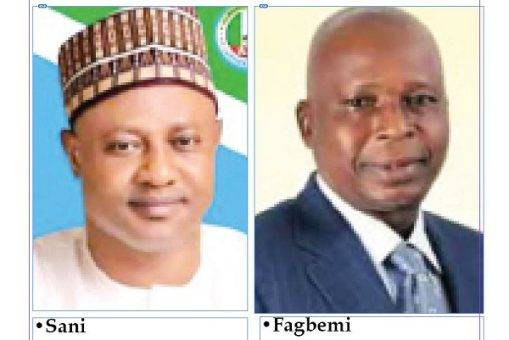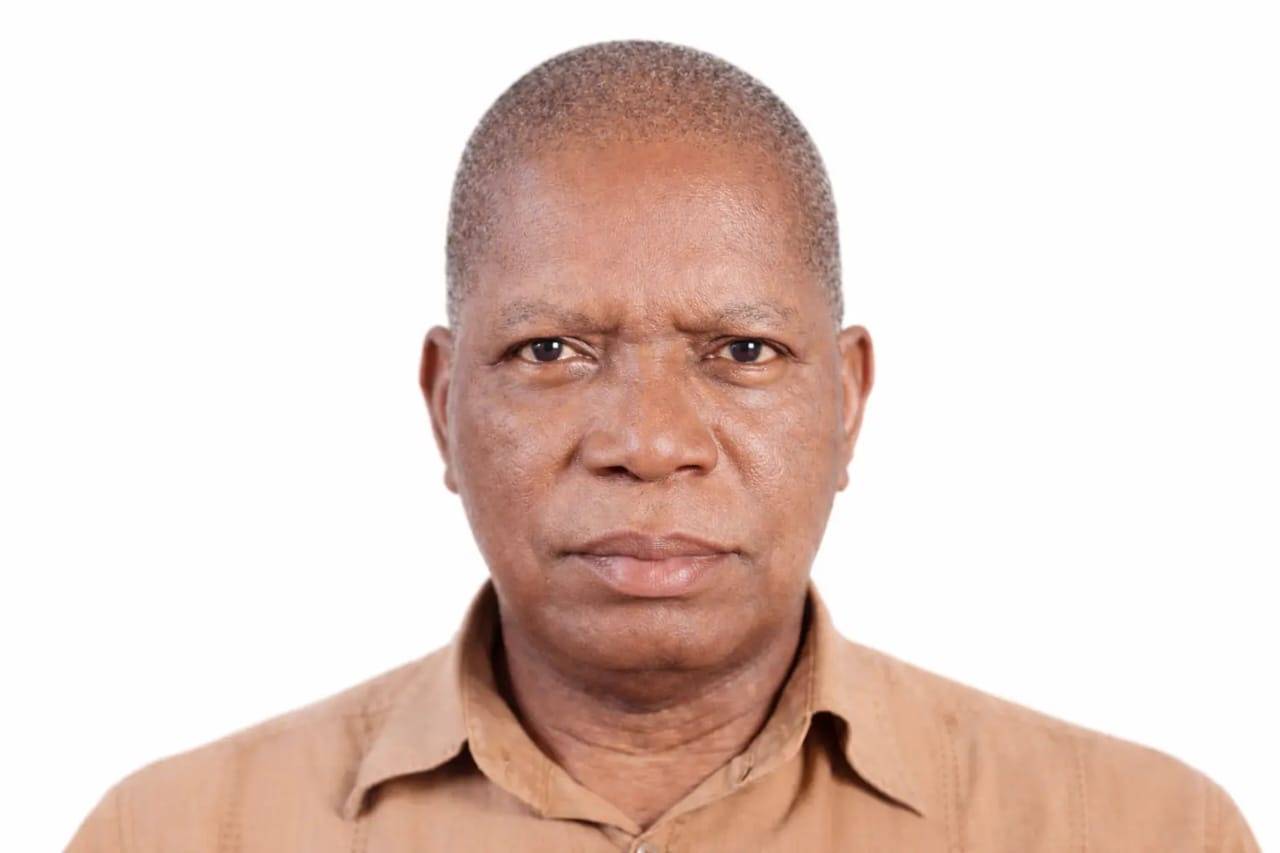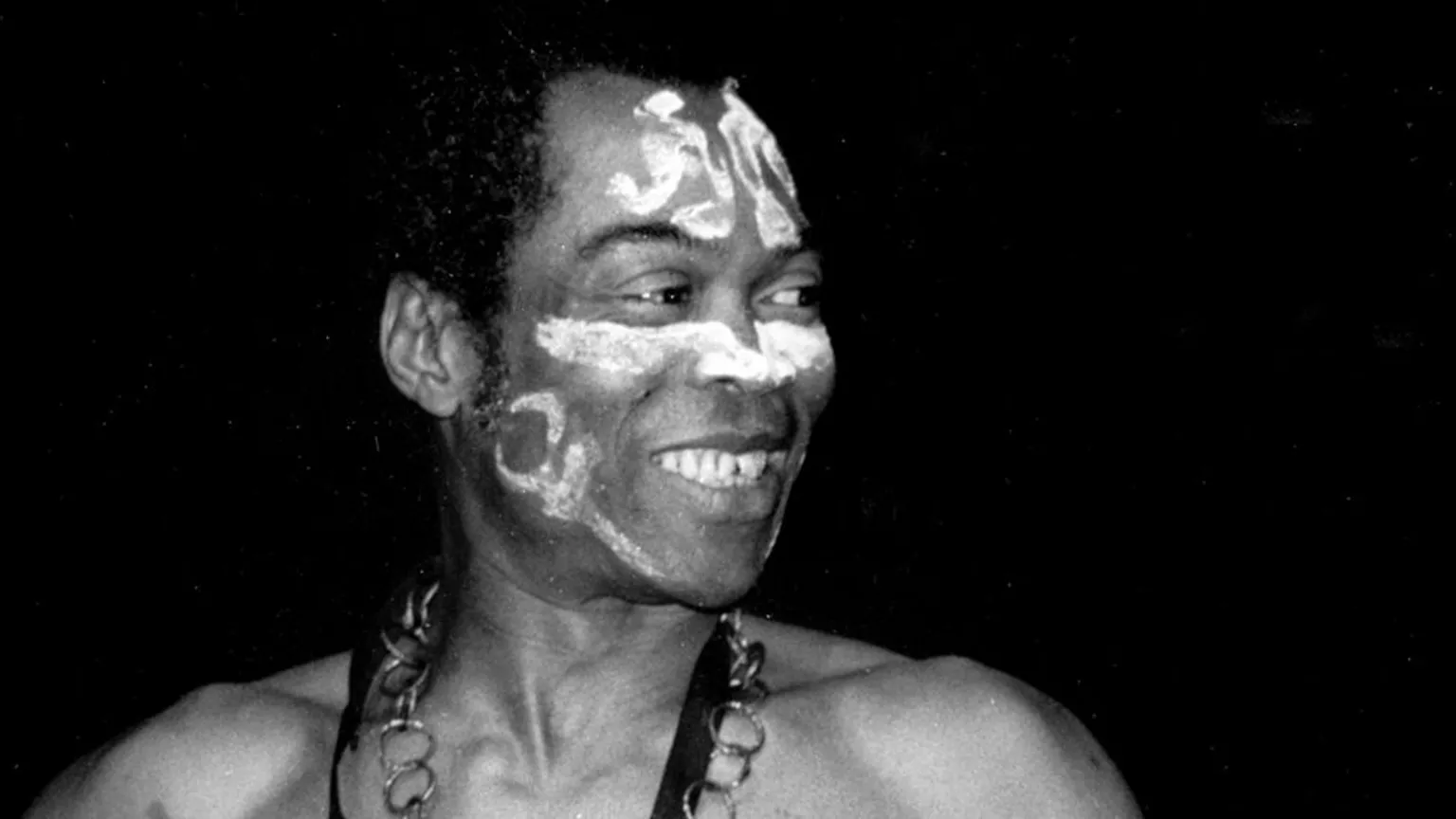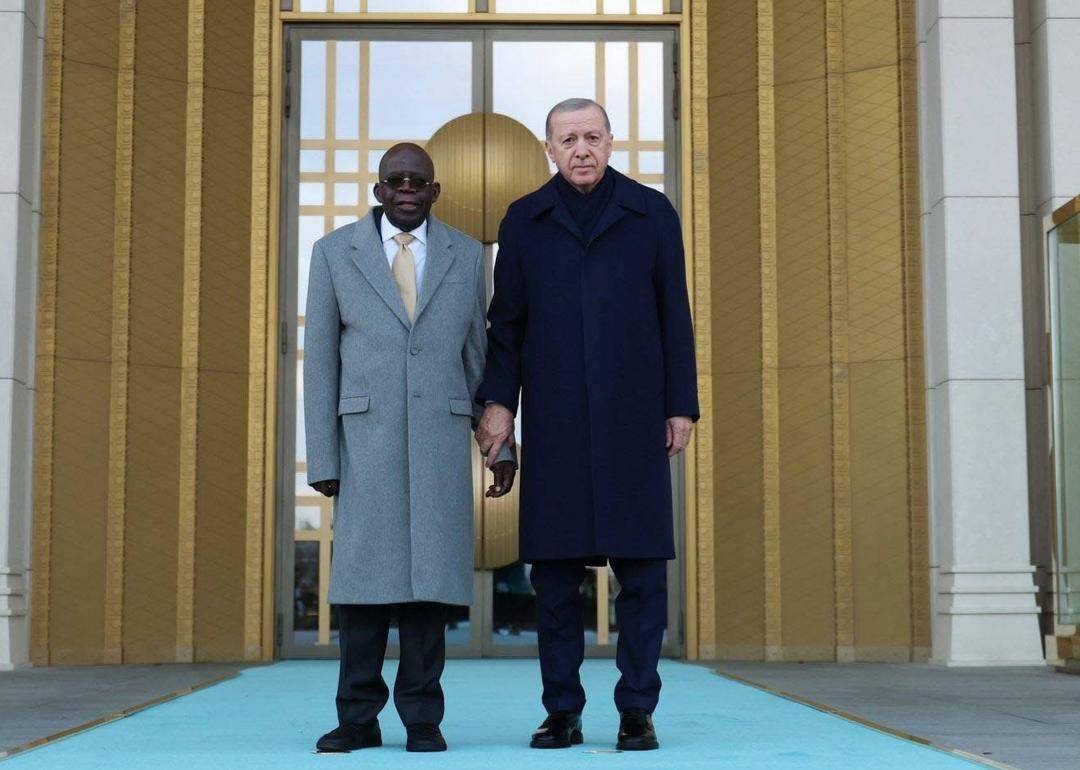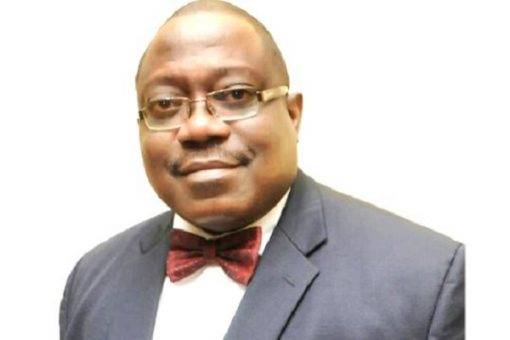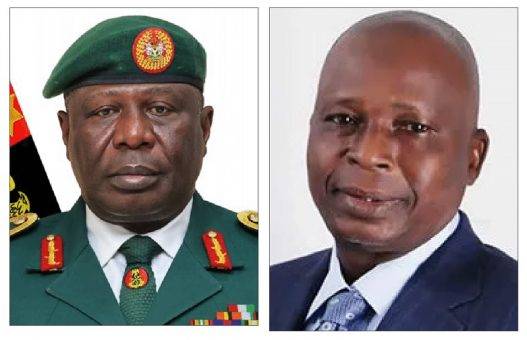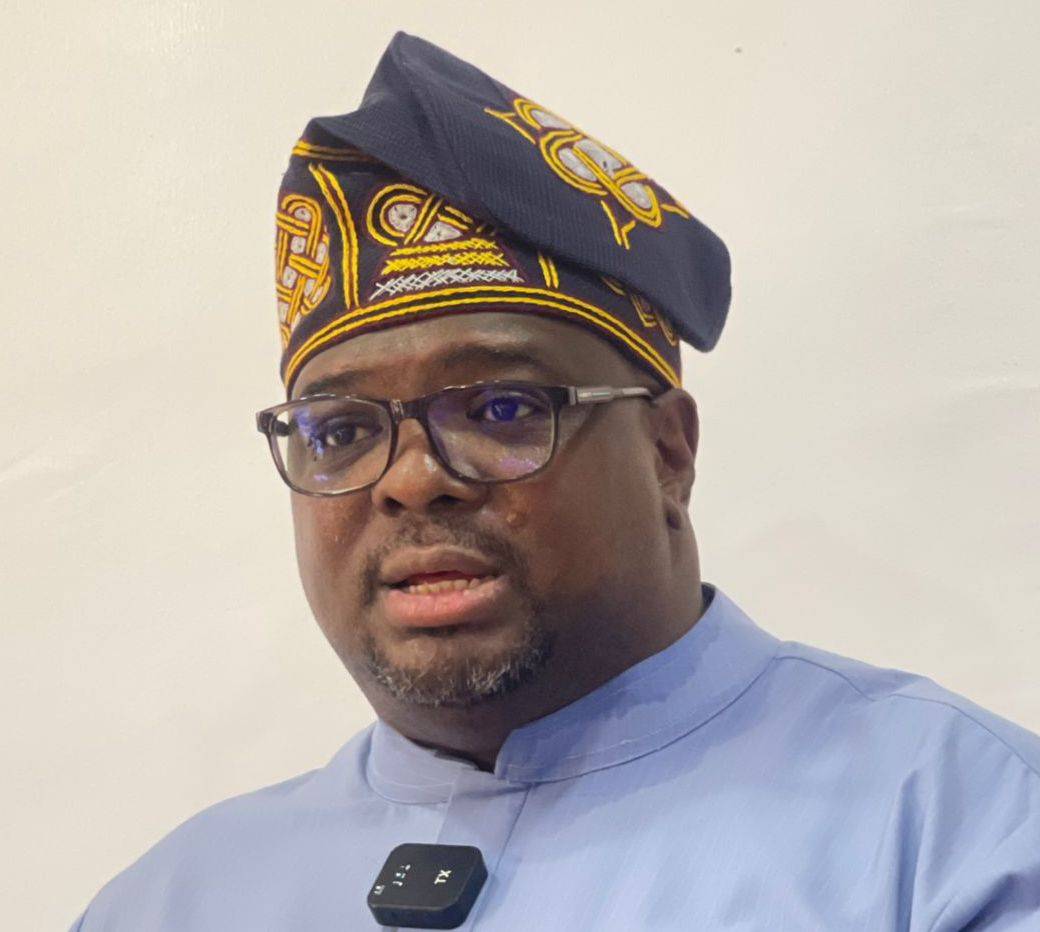By Sam Omatseye
The saga of the boys who “collapsed” in court reminded me of Dostoyevsky’s novel Crime and Punishment. In the immortal tale, it is not clear what the crime is and what the punishment should be, and the criminal, to many readers, was actually the hero.
It reminds me also of the paradoxes of life. The pretender becomes the contender, and accepted as such. The innocent becomes the victim and the victim the innocent. The underdog is the big dog, the street urchin leaves the tale with a royal treatment, walking on red carpet, given a royal bath, a table was prepared for them in the presence of their enemies with one of them battling with epic victory over a large chicken part. Their cups run over, not only with drink from such lordly cups but they don’t even drink such juices or minerals or even such clean water. I hope the delicacy and hygiene do not startle their body order into shock and then illnesses.
It is a classic Nigerian narrative. We have the underdog and we have those who say they will always stand for the underdog, even if that underdog is like Jas, a little girl in the puzzling novel and winner of the International Prize for fiction, The Discomfort of Evening by Marieke Lucas Rijneveld. Jas is abused but she is also, at age 10, an abuser under a delusion of self-innocence and who who must flee the suffocation of her parents and the puritanical tyranny of the village. I recommend the novel, A spell of Good Things by Ayobami Adebayo, for local context.
It is a tale of instant amnesia. We forget when we call them malnourished that they were never well-fed in their whole life. Atiku and Obi wept at their lean looks in court but when did they say anything about them on the streets of Kano or Katsina or Jigawa before then? Suddenly, they were the heroes of the street poor.
It was a time to act. The theatre began with the boys who fell in court. A person who falls from hunger does not cry. It is because he has lost all energy that he falls. In one word, he has fainted. It is just as though the critics lost all sense of biology or even drama. One of them was rolling on the floor. Faint and rolling? Does not add up. So the real actors were the cheerleaders, begun by Atiku and Obi and followed closely by the NGOs who must impress their international donors so they, too, should not faint from hunger. It is not that they are blind, but that they chose not to see or chose not to say what they saw. There was also the part of the lawyers, especially a SAN called Dauda, who says the boys should not be tried for treason, and that they should be tried only in their states. I remember a dialogue with Gani Fawehinmi. He said if he has a case between the rich and the poor, “I will find the law for the poor.” Gani’s heart was in the right place. But who will find the law for the poor, especially if it is about a dozen boys recently killed by the armed forces in the north for banditry, and they were in the age bracket of the minors in court.
Attorney general Lateef Fagbemi said there was enough law to sue the fellows. But from what the AG said, we see another part of the drama: amnesia. We forget that these boys stole, broke into homes and shops and impoverished some hard workers forever, destroyed a tech centre, torched buildings. In Kano, they did not see the books but eyed the computers, bathrooms accessories, etc. They called for the army; they hoisted Russian flags. I wonder why those lawyers and civil agitators who love this society so much have not wondered who paid for and sewed the flags? Who taught the boys who never saw a soldier in office or could not read about them to suddenly become lovers of the jackboot? Who were the politicians behind them?
The NSA said N6 billion was traced to politicians. Has anyone addressed what Fagbemi said about having enough material to prosecute them? What happened was just a long and grueling drama about a society that loved to lie to itself.
It calls to mind the ironic title of the Pulitzer prize-winning novel, All the Light You Cannot See about the Second World War. The author propounds a poser: the brain resides in a dark place in our heads but can make a lot of light. Which contrasts to Jose Saramago’s novel, Seeing, about those who have eyes but cannot see. A report in a mainstream newspaper dramatised the hunger by interviewing one of them. In one paragraph the “minor” said they did not give them food for days. In the next paragraph, he complained about having poor breakfast, lunch and dinner. If you know al majiris, they are happy if they have a meal a day. Remember when El Rufai was governor? They attended school just for food and then, they were gone!
It is the drama of sight and ignorance, joy in self-deceit and the grandiose posing as grandeur. When the president said the boys should be set free, it was a way of completing the drama for a country that was in search of a climax. If you watched or read Luigi Pirandello’s play, Six Characters in Search of An Author, then you appreciate the chaos and self-indictments of the hour, especially from opportunists. It was many countrymen in search of a climax. When President Tinubu released them, he said it was out of a paternal compassion. Yes, that was part of it. But unwittingly, he mocked all of them who critiqued. By feeding, he said, when did you ever feed them like this? Atiku, Obi answer. When he bathed them, he asked, when did you get clean shower for them? When he gave them new clothing, he asked when did you visit a tailor for the poor? It was, in a sense, like Jesus said to his disciples in Matthew 25. Of course, President Tinubu has a right not to use his right to prosecute. And if the boys commit an offence again, it will be, well, you said we should not prosecute. So have at it. The critics created the cynical part of the presidential benevolence. It is what Apostle Paul wrote, “God will send them strong delusion so that they can believe a lie.”
Other than Fagbemi, the best response came from the Kaduna State Governor Uba Sani when he said he received them, and he predicated their embrace on their sense of contrition, and would bring them into a skills acquisition centre. The governor is already building three acquisition centres at Soba, Rigachukun and Samarun Kataf in the Northern, Central and Southern senatorial districts. It is part of his Skills City.
I recall in my days in Wudil, Kano, our NYSC training camp. An almajiri, named Aminu, was always there to run errands for me. I became fond of him, and I learned a few Hausa words from him, like abinchi, Rua, yauwa, kyau, daadii, madalla. Also, he knew some English, hence we could communicate. During the training month, malaria overwhelmed me. He showed so much compassion during that period before I left the camp for treatment. When I returned, I didn’t see him again. But he defined for me a special understanding of the almajiri till today. It is that sort of comportment that those set free should evince and all should encourage, rather than the hysteria over phony fits of hunger.
When Atiku came out with his economic package, I thought he would give us food for thought that will bring food for the poor.
But what we saw was poverty of thought. He could not deny that President Tinubu ought to remove fuel subsidy and collapse the foreign exchange regimes, rather he said it should be phased gradually.
He was either insincere or lacked a sense of history.
Did Jonathan not try to phase it? Did it work? To phase it is to create a scenario of trying to bail water out of a kitchen through the window while the tap is still running. It is like trying to redeem a threadbare cloth. Once you sew a part, the other part tears open. I tackled it in my recent talk at Cambridge University. They forget that everyone will expect another phase after the first and after the second, and the prices will anticipate the decisions. What you will have is a giddy, runaway inflation. Economics is not only about economics but sociology and psychology.
Hence, Kissinger wrote during the economic depression of the 1980’s that “the economy is too important to be left in the hands of economists.” Especially those who helped Atiku to draft his. In fact, Atiku and his team were not original but copycats who were listening to half-baked analysts in newspapers and television. If Atiku could not get his certificates right in primary school, at least he should not act in public like one who likes exam ‘expos.’
He even repackaged Tinubu’s economic stimulus plan by calling it social protection. It was what philosopher Michel Foucault called narrative of discourse, where you want to change the focus by a subterfuge of language.
This is another act of fraud from Atiku. If you must do an exam expo, please limit it to the classroom.
The presidential election victory of Donald Trump reminds me of the two consequential presidents of the past 50 years and how they have the same things in common. I refer to both himself and Ronald Reagan. In a biography on Reagan by Edmond Morris, he referred to the United States former president as an airhead.
The charge stormed the media. How could anyone describe the president for whom an era is named an airhead, that is empty upstairs?
Yet, that is the claim that many will say of Trump. And both have great and enthusiastic following, and are defining an era in American history, and possibly the world.
Like Trump, Reagan hardly knows the Bible but leads a groundswell of evangelicals. He is rich, but leads the poor.
They are racists, but are embraced by even the minorities who they poohpooh. During his campaign for president, Reagan entered Mississippi and declared his support for “state’s right,” which is an echo of the fight to save slaves from the south.
It was a coda for racism. Reagan asked those who did not have jobs to go to MacDonalds, where the pay is miserable. In his Book, Fire and Fury, Michael Wolff narrates a time, Trump was flying to a place in New Jersey and somebody said it belonged to white trash, and a naïve person asked, “what’s white trash?” Trump said, they are like me. The difference is that they are poor.” You can understand why he backs the poor whites, though he does nothing for them.
Culled from The Nation


